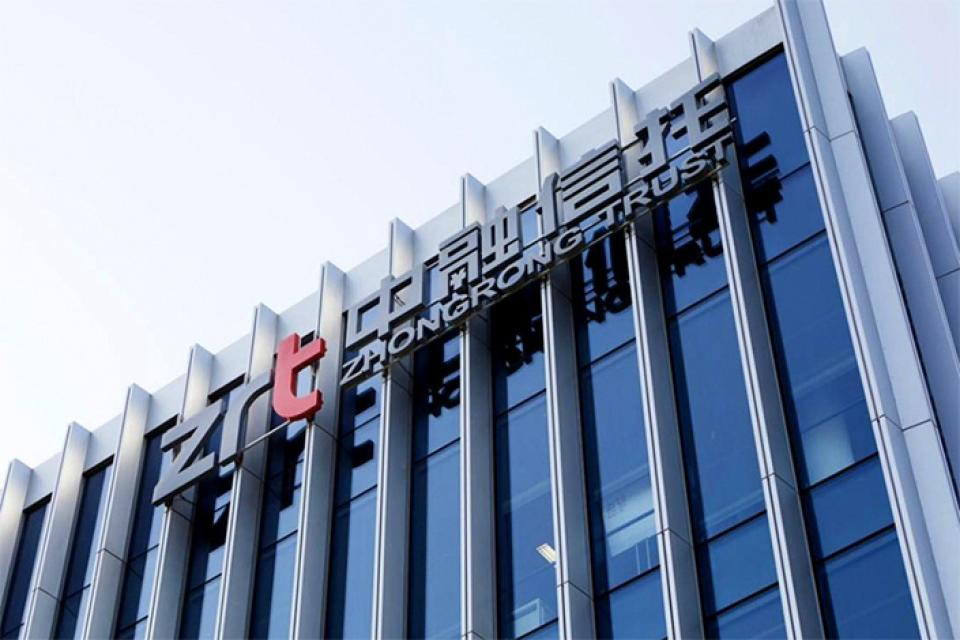Chinese asset manager Zhongzhi Enterprise Group told investors on Wednesday it has hired a top accounting firm to help it manage a liquidity crisis.
The Beijing-based company, which is caught in a worsening property downturn, has stopped payments to investors in its products while a debt restructuring is conducted, according to video footage of the meeting yesterday.
Zhongzhi has hired one of the Big Four accounting firms to do a comprehensive audit of the firm and is seeking strategic backers, Zhongzhi’s management team told investors in the meeting, the video showed.
The meeting was held after Zhongrong International Trust Co, a leading trust company controlled by Zhongzhi, missed payments on dozens of investment products since the end of July, according to investor sources.
ALSO SEE: Trust Fund Woes and Home Price Falls Add to China’s Problems
The crisis is being closely watched by analysts and business people amid fears of spillover risks to the broader financial sector.
Asset managers like Zhongzhi raise hundreds of billions of dollars by selling shadow banking-linked and high-yielding investment products through trust and wealth management units, and have strong linkages with banks and other financial firms.
A string of defaults in China’s $3-trillion shadow banking sector could have a chilling effect across the economy as many individual and institutional investors are exposed to the trust products.
$137 billion in assets in a range of businesses
Zhongzhi, which domestic media says manages over a trillion yuan ($136.7 billion) in assets in businesses ranging from mining to wealth management, is the latest major Chinese conglomerate to get into trouble, after the collapse of others including Anbang Insurance Group and HNA Group.
The liquidity stress faced by Zhongzhi, which has sizable exposure to real estate, highlights the rippling effect of debt woes in the property sector, which accounts for roughly a quarter of the Chinese economy.
It was not possible to determine whether the company is insolvent before completion of auditing work, which began in July, the executives said at their meeting.
The plan is for “self-rescue” through restructuring, with a focus on debt collection and asset liquidation, but bankruptcy was also an option, they added, without disclosing the amount of debt that needed to be restructured.
Zhongzhi did not immediately respond to a request for comment.
Anxious retail investors are bombarding listed companies with questions about their exposure to Zhongrong after missed payments by the trust company triggered fears of contagion across the country’s financial system.
More defaults expected, but not a ‘Lehman moment’
Citigroup said in a note it expected more trust defaults due to the property sector downturn in China, but that trend was unlikely to lead to a “Lehman moment” scenario.
“As the problems in the property development sector are not new and have already been unfolding for several years, we think investors would have already psychologically prepared for the potential of defaults.”
Zhongzhi runs a shadow banking empire, holding stakes in five asset management companies, four wealth management firms, and Zhongrong International Trust, a major trust company that manages more than 700 billion yuan ($95.69 billion) of assets.
The group has been selling stakes in some listed companies it controlled over the past few years, and reducing the size of its business, which came under increased pressure after China’s crackdown on shadow banking, and the property market downturn.
China’s property market has lurched from one crisis to another in the last couple of years with a string of leading developers including China Evergrande Group and Sunac China defaulting on their debt repayment obligations.
Country Garden, the country’s largest private developer, has become the latest to flag a stifling liquidity crunch at a time when property investment, home sales and new construction have contracted for more than a year.
Evergrande said late on Wednesday it would delay the voting date and scheme meetings with creditors for its offshore debt restructuring plan to August 23 and August 28, respectively, to give creditors more time to consider the terms.
The delay comes after the deal this week to sell a 27.5% stake in its unit China Evergrande New Energy Vehicle Group, and swap part of the debt in the NEV unit owed to the parent company and current controlling shareholder into shares.
Evergrande is the first defaulted developer to hold scheme meetings and its years-long restructuring practice highlights the challenges facing its peers to put their operations to back on track.
- Reuters with additional editing by Jim Pollard
NOTE: Further details were added to this report on August 17, 2023.
ALSO SEE:
China’s Debt-Laden Property Sector Still Facing Weak Demand
Shares of China’s Country Garden Plunge as Bond Trading Halted
China’s $13tn Provincial Debt Crisis Threatens to Spill Over
China’s Dalian Wanda May be Next Property Giant to Fall
Over 100 Chinese Cities Battling to Repay Their Debts: Rhodium
























